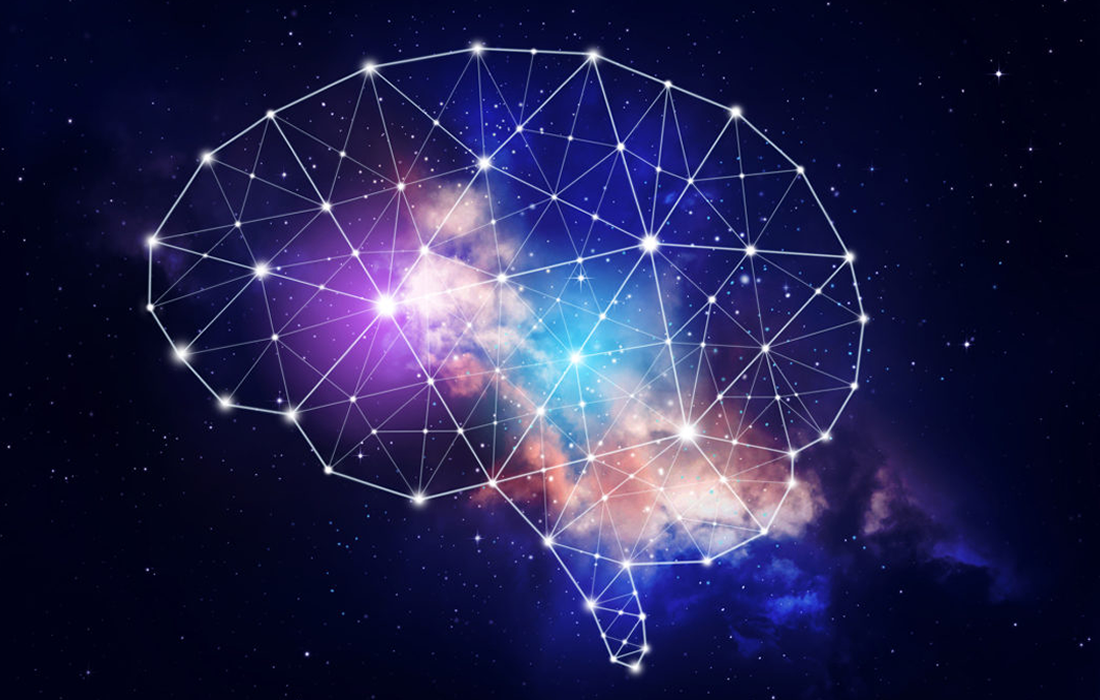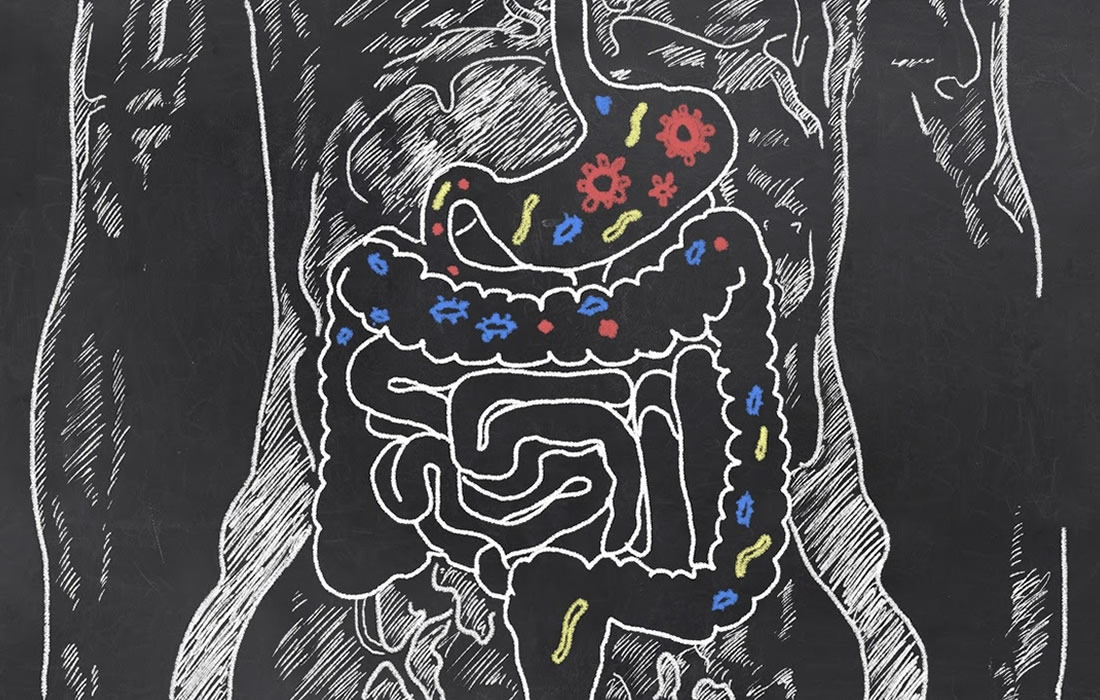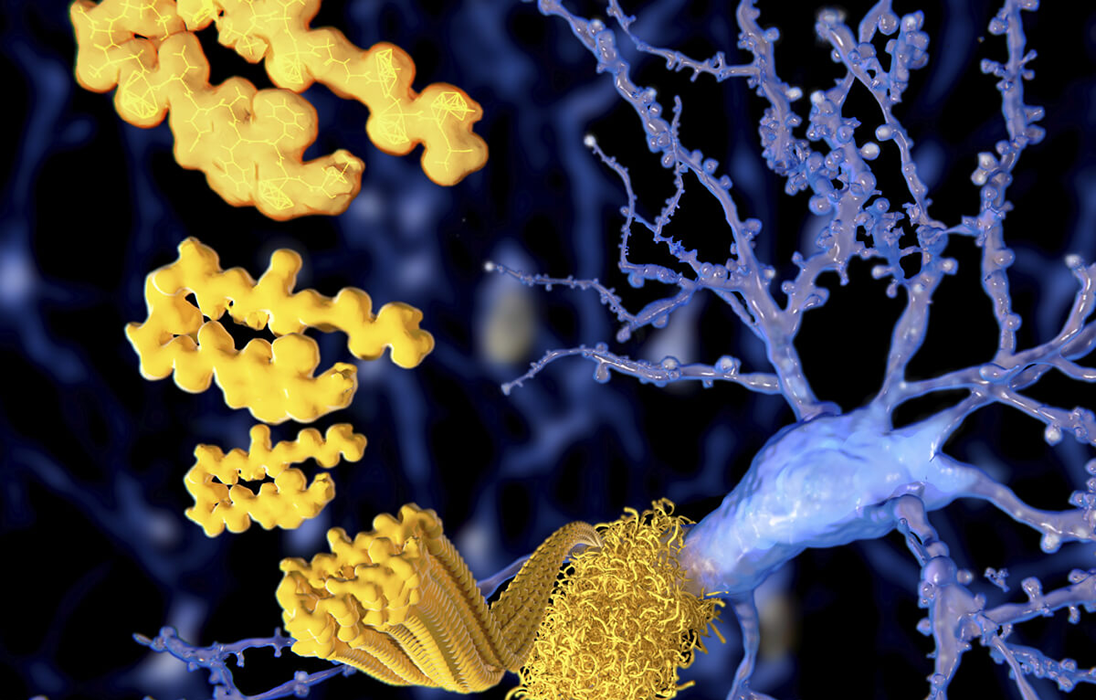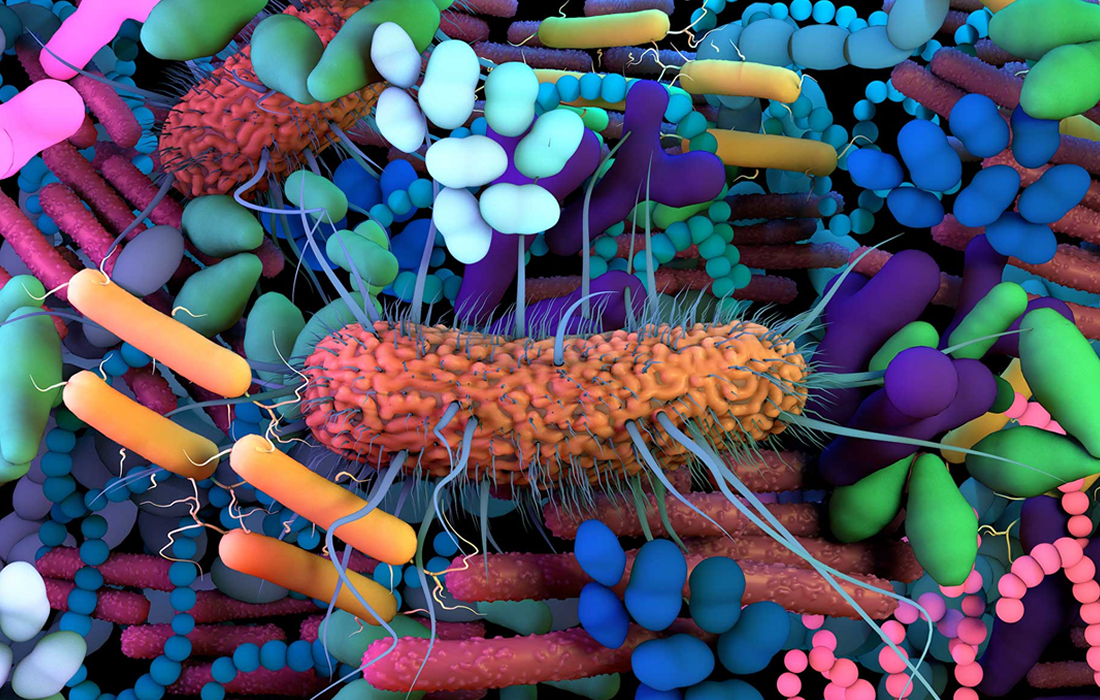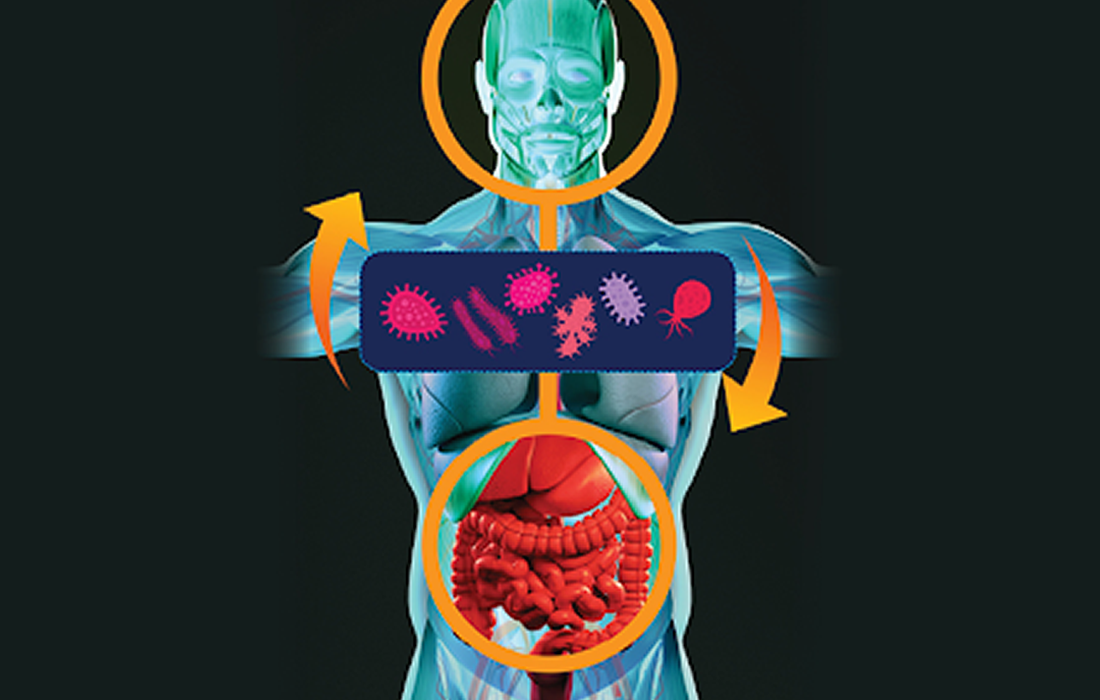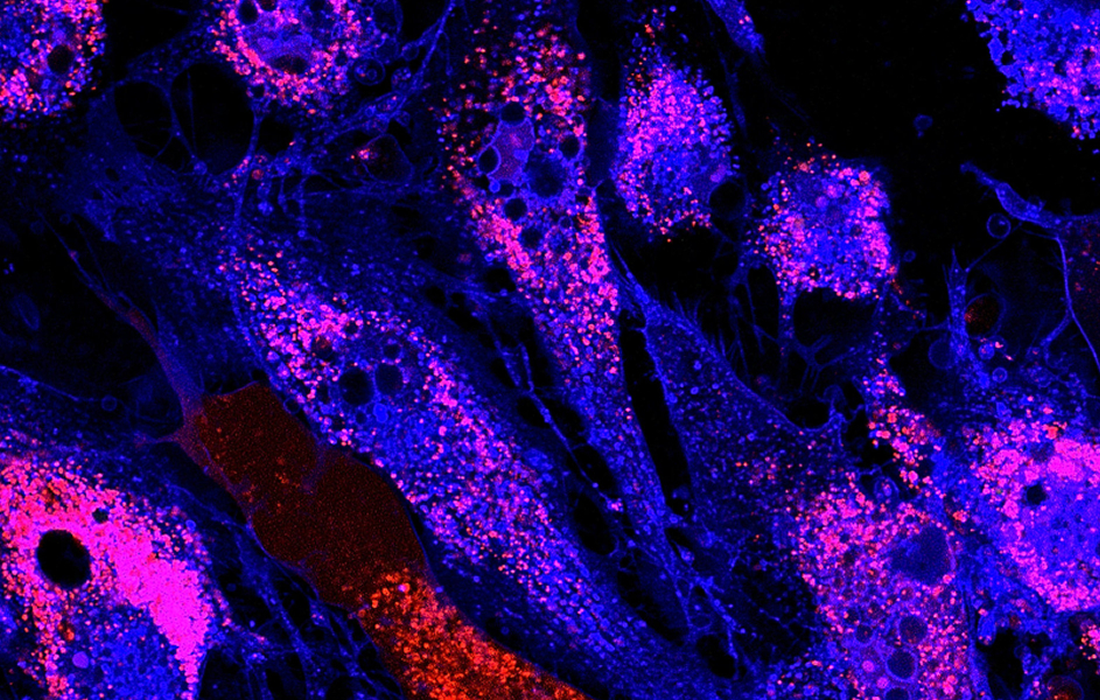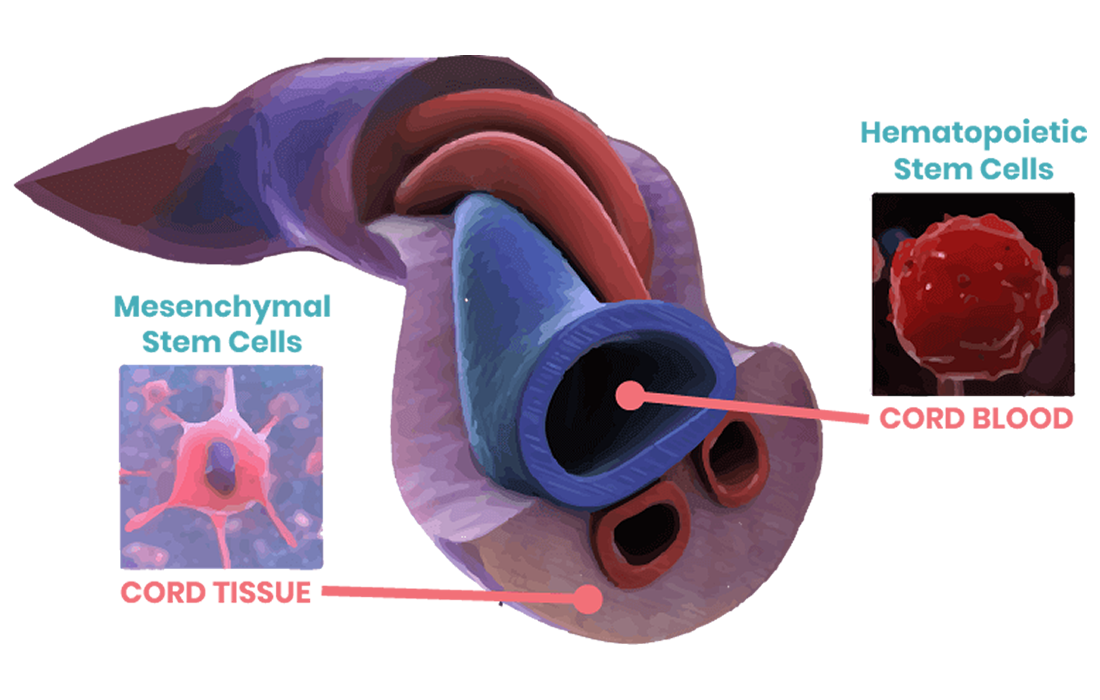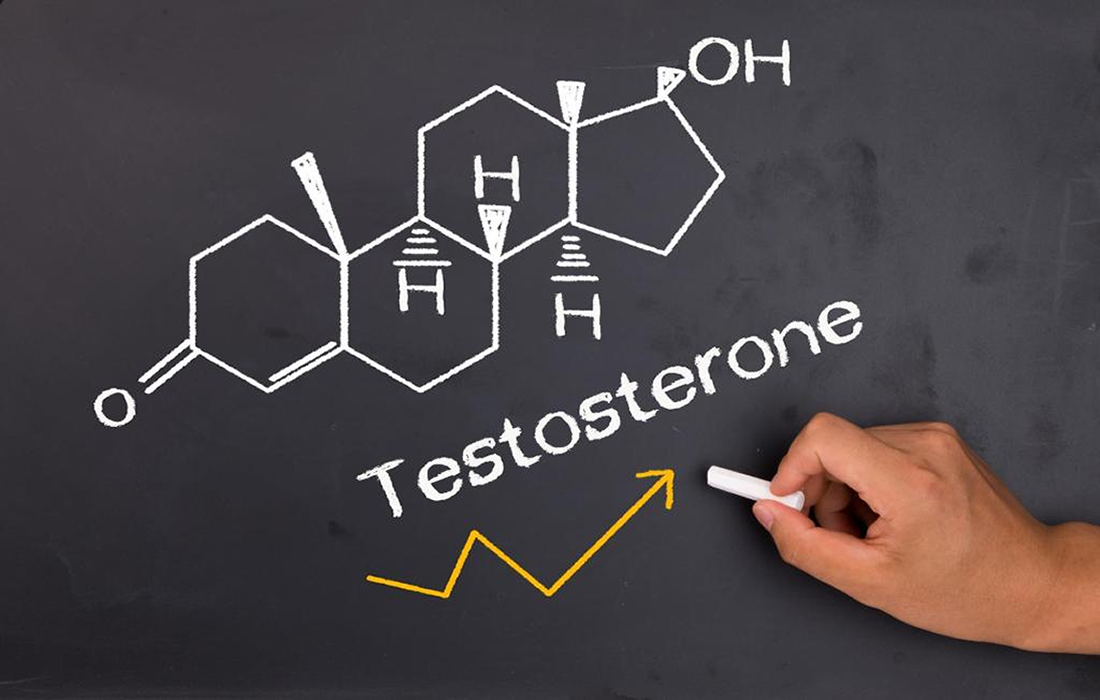What are the Sleep Cycle Stages? When we sleep our body cycles between REM and non-REM sleep. REM stands for rapid eye movement. During REM sleep our eyes move around rapidly in a range of directions, but don’t send any visual information to our brains. That doesn’t happen during non-REM sleep. First comes non-REM sleep, […]
Category Archives: Regenerative Medicine News and General Information
What is the gut microbiome? The gut microbiome is a dynamic ecosystem that consists of trillions of bacteria, fungi, and other microbes that live inside the digestive system. It greatly influences overall health, and usually, we notice its effects only when there is an imbalance. The human microbiome is composed of bacteria, archaea, viruses, and […]
The Centers for Disease Control and Prevention (CDC) estimate that up to 5.8 million people in the United States live with Alzheimer’s disease. Alzheimer’s disease is a neurodegenerative condition affecting parts of the brain associated with memory, thought, and language. Its symptoms range from mild memory loss to the inability to hold conversations to environmental […]
Major depressive disorder is the leading cause of disability worldwide. Yet, there remain significant challenges in predicting new cases of major depression and devising strategies to prevent the disorder. An essential first step in this process is identifying risk factors for the incidence of major depressive disorder. There is accumulating biological evidence linking insulin resistance […]
The question of whether or not the ecological composition of the gut microbiome may causally affect weight loss remains somewhat controversial. The composition and diversity of the gut microbiome have been correlated with body mass index (BMI) and metabolic health markers and have been shown to modulate weight gain in mice. There are many factors […]
The incidence of premature birth has been rising worldwide and is one of the leading causes of perinatal morbidity and mortality. Although recent advances in neonatal intensive care have increased the survival of extremely premature infants (gestational age < 28 weeks), the number of survivors with severe morbidity and life-long neurodevelopmental impairment remains high. The […]
The current classification of MSCs was set by the International Society of Cellular Therapy (ISCT) in the position paper by Dominici et al. This listed the three minimal criteria that must be met to define cells as MSCs: plastic adherence, tri-lineage differentiation potential (osteogenic, chondrogenic and adipogenic). In addition to the minimal criteria, MSCs have […]
Multiple Sclerosis (MS) is a chronic inflammatory, autoimmune and neurodegenerative disease of the central nervous system (CNS). MS affects approximately 2.5 million people worldwide. High prevalence of MS is seen in northern parts of Europe and North America. Nearly 1 million are living with MS in the United States, according to a study funded by […]
The umbilical cord is a noncontroversial source of mesenchymal stem cells. Mesenchymal cells are found in several tissue compartments of the umbilical cord, placenta and decidua. Umbilical cord mesenchymal stem cells derived from Wharton’s jelly (UCMSCs) have shown to have therapeutic potential, possibly as a substitute cell for bone marrow-derived mesenchymal stem cells for cellular […]
Hormones are your body’s chemical messengers. They travel in your bloodstream to tissues or organs. They work slowly, over time, and affect many different processes, including: Growth and development. Metabolism – how your body gets energy from the foods you eat. Sexual function. Reproduction. Mood. Endocrine glands, which are special groups of cells, make hormones. […]

